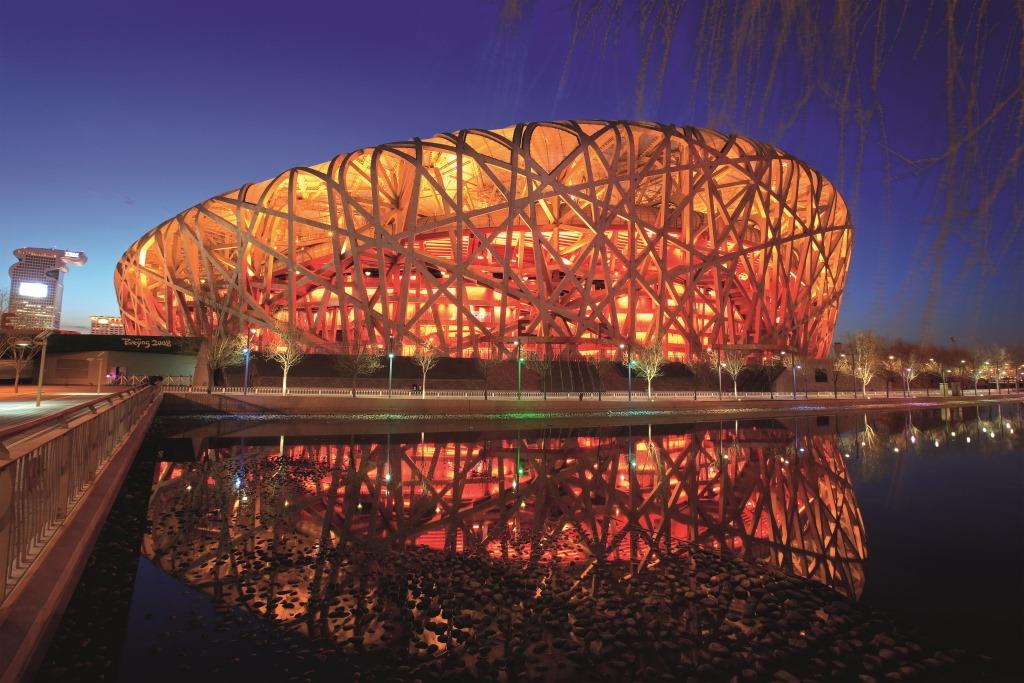China has long-standing links with Africa and has become an important trading partner. Now it wants to play football with us.
Africa’s footballers have been making steady inroads into the Chinese Super League in recent times, where new-found riches have been used to lure some top names to the competition.
It is a policy that has worked in part, though the more high-profile signings have not enjoyed lengthy stays in the country.
Cote d’Ivoire great Didier Drogba is the biggest name to have been lured to the Chinese league when he signed for Shanghai Shenhua in 2012 and earned a reported $1.3 million salary.
He joined former Chelsea teammate Nicolas Anelka at the club in what was viewed as a show of financial muscle by the team’s owners.
Loading...
Despite these riches, Drogba stayed just six months before taking a pay cut to join Galatasaray in Turkey. The striker found it difficult to settle in a wonderful country that is unlike anywhere else on earth.
I saw it first hand when I traveled to Beijing in my role as president of the Football Association of Zambia for a friendly international against Brazil at the famous Bird’s Nest Olympic stadium. Next year’s World Cup hosts, Brazil, were made to work hard to beat the African nation 2-0.
There is much to enjoy in China, the sights, sounds and smells mesmerize the senses, but it is a culture that is very different to our own, and far, far removed from what you experience in the west. I was very impressed with Beijing. It is a bustling hive of activity and while everything from the west is available, the Chinese have clung on to their culture.
I have a new found respect for this nation since I scaled the Great Wall of China in Badaling. I realized the tenacity and strength of spirit that this great Nation has and I was mesmerized. We were lucky to be guided by my good friend Mr Yang because not much English is spoken. That does make it difficult to adapt. It is one thing to enjoy a few days holiday in an unfamiliar environment, but another living there.
That has not stopped a sizeable number of African players from making the move to the Super League though—21 African nations have been represented in the league down the years.
The influx of players started as a small trickle, when the Super League was formed in 2004, becoming a flood in the last three or four years.
It has become an alternative to Europe for some, and is financially more attractive than other options in Asia, such as Indonesia and Vietnam that had been popular destinations for African players in the past.
Zambia has been represented there by national captain Christopher Katongo, who has been with Henan Construction FC since 2011, as well as Isaac Chansa and Billy Mwanza, while James Chamanga has played for Liaoning Whowin for the last five years. All have stories to tell.
The biggest exporter to China from Africa has been Nigeria, who have had 20 of their players in the league since 2004. Brazil has the most players in China, with 122 players in the same period of time.
But teams have also scoured the rest of African continent, signing players from Angola, Cape Verde, DR Congo, Gambia, Mozambique and Sierra Leone, along with the more established football nations that you would expect on the continent.
It shows that their reach is long, and that all styles of African football appeal to them—the technical quality of the north, the power and physicality of players in the west and the skillful trickery of the players in Southern Africa.
There would no doubt be more, but the Chinese authorities have sensibly restricted the number of foreign players in the league, mindful of the need to develop young Chinese talent. Each team may register five foreign players for a season, and can field four of those on the field at any one time.
When you look at the infrastructure of the country, the massive population and the passion that they have for football, it is difficult to understand why China has failed to make the same strides on the pitch as the likes of Japan and South Korea.
In fact, in March this year they reached an all-time low on the FIFA World Rankings of 109th position and by October had improved slightly to 97th.
Within their own Asian Confederation they sit a lowly ninth, behind the likes of Oman, Jordan and the United Arab Emirates, countries you would think they could beat easily given their resources.
China’s one and only FIFA World Cup appearance came in 2002 when the tournament was held in South Korea and Japan, but ended in three defeats and not one goal.
Having just completed its 10th season, it will be incredibly interesting to see how the Super League develops and whether the growing strength of the league does translate into greater success for the national side.
The two are not certainties, but you feel that China has great potential as a football nation. All of the ingredients for success are there; they just need to knit them together.
Loading...
